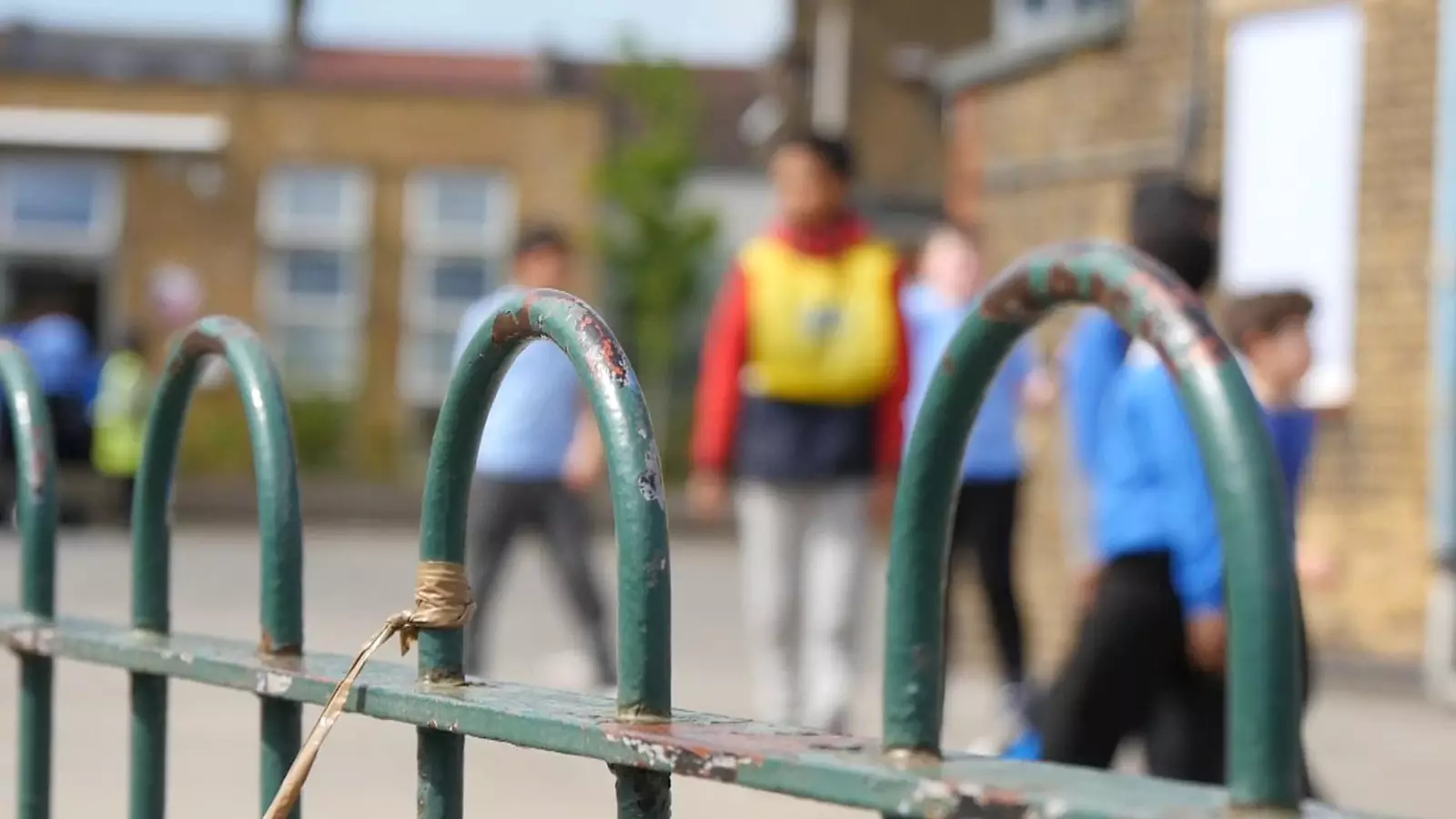The recent research conducted by the charity Chance UK sheds light on the long-term consequences of children being excluded or suspended in primary school. The study, which analyzed data from 3.2 million pupils in England, revealed that the majority of children excluded in primary school do not go on to pass their GCSEs in English and Maths. One striking statistic from the research is that 97% of those excluded at the primary level had a special educational need or disability. This highlights a significant link between exclusion and underlying issues that are not being adequately addressed in the educational system.
Mary-Anne, a parent whose son has ADHD, shared her struggles with the education system before her son was diagnosed. She recounted how her son was permanently excluded at the tender age of five and was recommended to attend a pupil referral unit. This decision was met with resistance from Mary-Anne, who recognized the need for a more nuanced approach to her son’s behavioral issues. The lack of understanding and support from the school staff further exacerbated the situation, demonstrating a systemic failure to cater to the diverse needs of students.
The rising number of exclusions and suspensions in primary schools, especially among children aged six and under, is a cause for concern. Teaching unions have highlighted a significant deterioration in behavior within classrooms, worsened by the disruptions caused by the pandemic. Teachers are finding it increasingly challenging to manage student behavior, leading to a surge in exclusions. While exclusions are considered a last resort, the data suggests a concerning trend that warrants intervention at the policy level.
In light of the research findings, it is evident that there is a critical need for specialized support within primary schools to address the behavioral and emotional difficulties faced by students. Chance UK’s mentorship program has shown promising results in supporting children with such challenges, emphasizing the importance of early intervention and individualized care. The charity’s call for additional funding for specialist support aligns with the urgent need to reform existing practices and provide holistic support to students at risk of exclusion.
The research by Chance UK underscores the far-reaching implications of primary school exclusions on academic outcomes and long-term success. By addressing the root causes of exclusion, fostering greater understanding and empathy towards students with diverse needs, and investing in specialized support systems, we can create a more inclusive and equitable educational environment for all. It is imperative that stakeholders across the education sector come together to implement proactive measures that prioritize the well-being and academic attainment of every child.


Leave a Reply